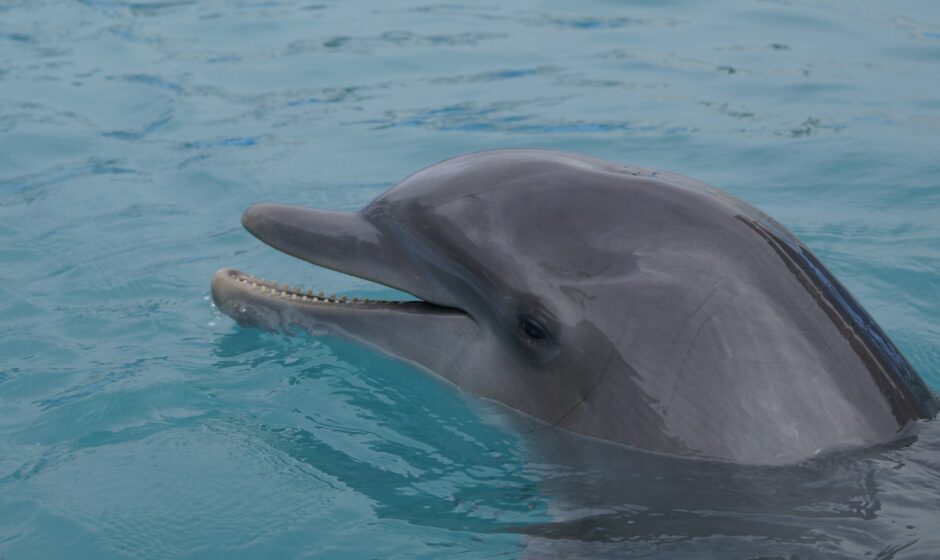India is poised for a significant breakthrough in marine conservation by deploying advanced underwater acoustic technology to monitor the movements and behaviors of whales, dolphins, and other marine mammals from several kilometers away.
The initiative, which uses a cutting-edge technique called Passive Acoustic Monitoring (PAM), was a central topic at a special session during the fourth International Symposium on Marine Ecosystems (MECOS-4) at the ICAR-Central Marine Fisheries Research Institute (CMFRI).
Experts at the session explained that because sound travels much faster and farther than light underwater, acoustic monitoring is a revolutionary tool for studying marine life, even in deep or murky ocean conditions where visual surveys are impossible. Unlike traditional methods that rely on clear weather and daylight, PAM provides continuous, 24/7 monitoring across vast stretches of the ocean.
“The technology uses various systems such as bottom-mounted moorings, surface buoys, drifting buoys, towed arrays, and even acoustic tags attached to individual animals,” explained Dr. Divya Panicker of Ashoka University. These sophisticated devices capture the distinct underwater sounds produced by marine mammals, allowing researchers to determine their presence, abundance, and distribution.
“By analyzing these sound signals, scientists can even trace migration routes and behavioral patterns of species,” she noted, adding that the integration of Artificial Intelligence (AI) and Machine Learning (ML) will further enhance the accuracy of identifying and classifying different species from their calls.
This technological leap comes amid growing concerns over the threats facing marine mammals along India’s extensive coastline. Citing these challenges, experts at the symposium called for the urgent formulation of a National Plan of Action for Marine Mammal Conservation.
Dr. A. Bijukumar, Vice-Chancellor of the Kerala University of Fisheries and Ocean Studies (KUFOS), chaired the session and stressed the need for “a national multi-institutional marine mammal network to coordinate research, monitoring, and conservation activities across the country.”
The call for a unified strategy was reinforced by the recent success of CMFRI’s research, which was instrumental in helping India clear a major obstacle related to seafood exports to the United States. This demonstrates the direct link between robust marine science and the nation’s economic interests.
“India urgently needs a coordinated and well-funded conservation plan with defined roles for research institutions, enforcement agencies, and coastal communities,” said CMFRI Director Dr. Grinson George. He also highlighted the critical need for qualified marine scientists to be permitted to handle stranded marine mammals and conduct autopsies to determine their causes of death, gathering vital data that is often lost.


